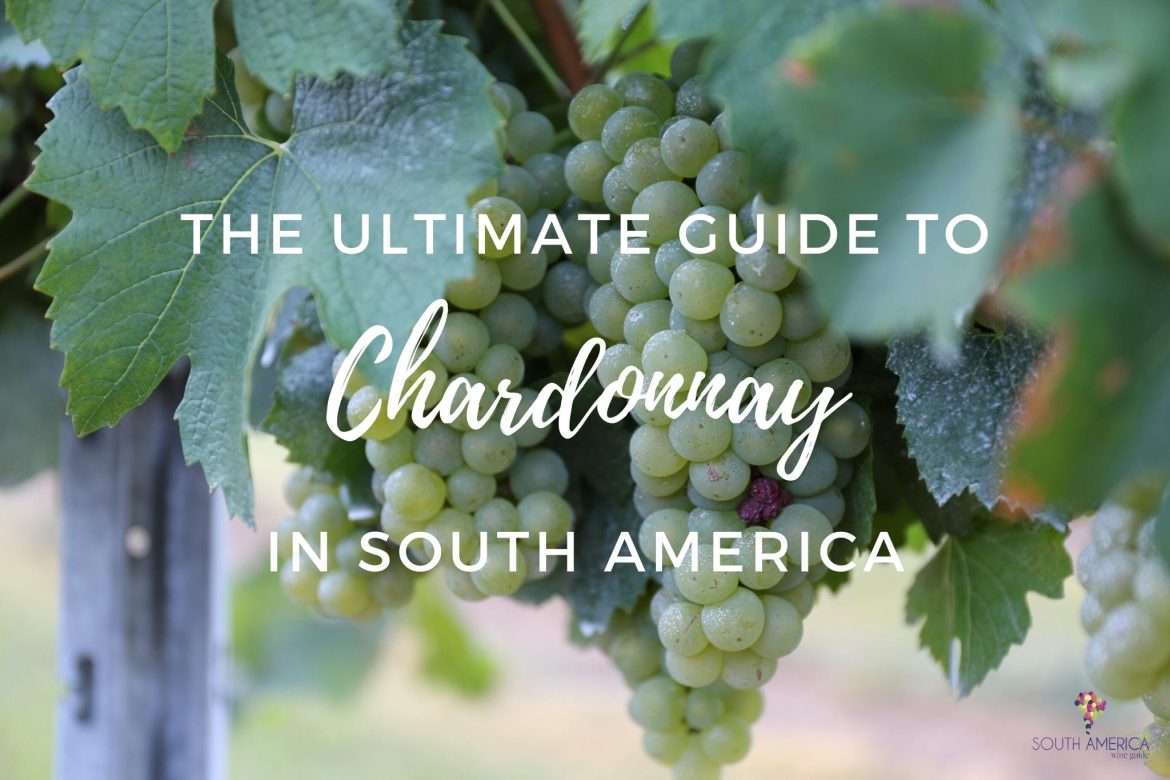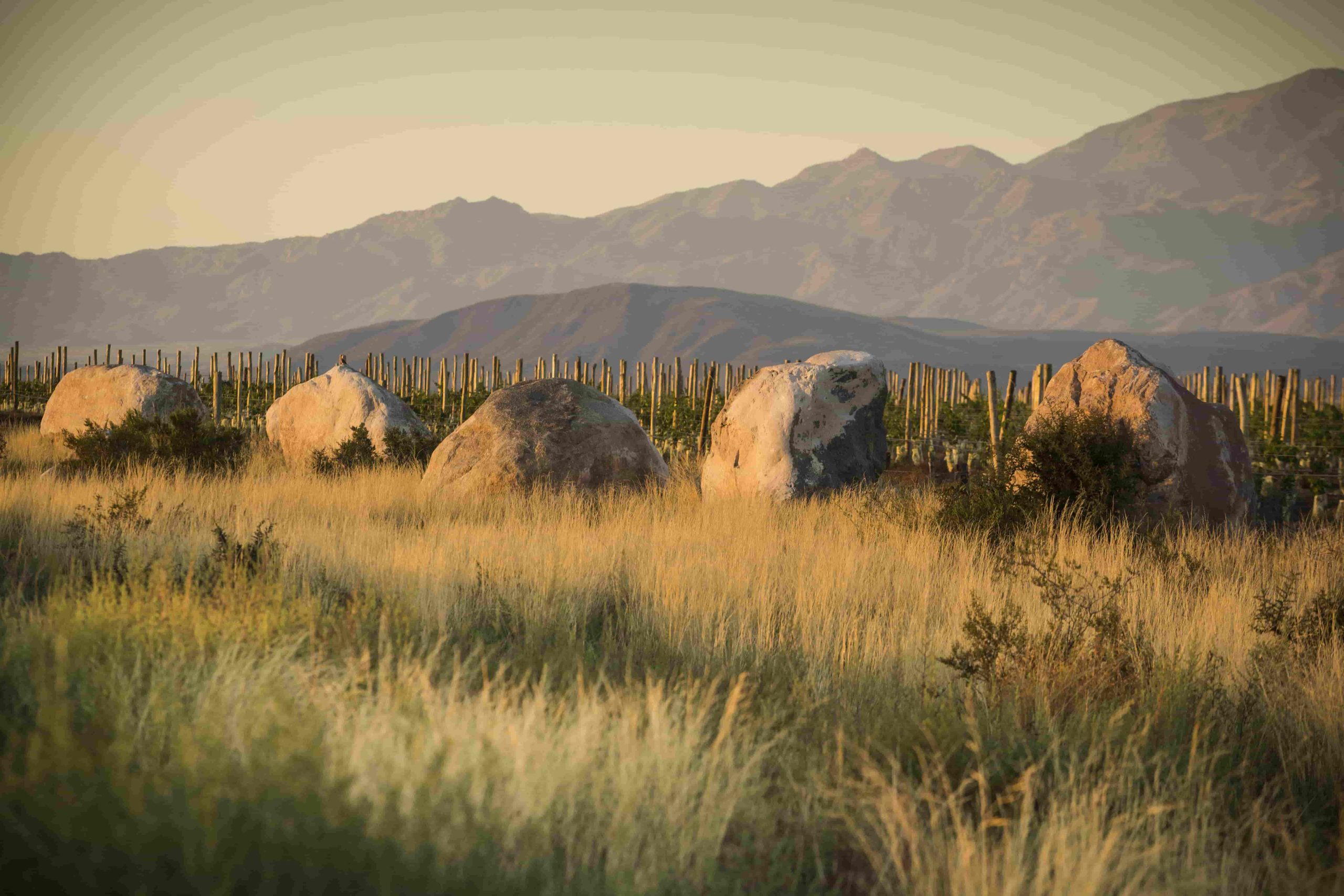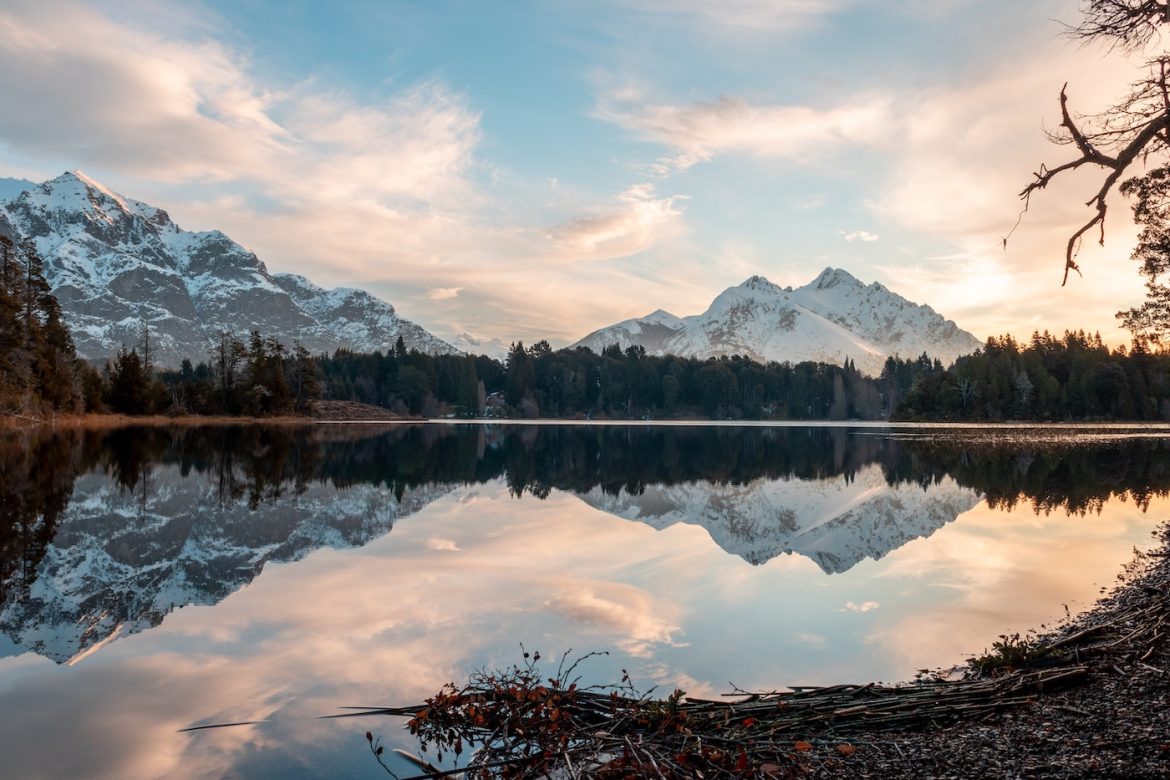As we celebrate Chardonnay Day this 26th May, we wanted to bring you the ultimate guide to Chardonnay in South America. Chardonnay is one of the world’s most-planted grape varieties and comes in all styles from almost every wine country. Ranging from tropical fruit aromas such as pineapple and melon in warmer climates, to citrusy notes of lemon and apple in cool climates, Chardonnay is grown in diverse wine regions from the heartland of Chablis and Burgundy to New World wine meccas of California and Margaret River. In South America too Chardonnay is one of the most important grape varieties, and in recent years has gained recognition for producing some of the most exciting wines in Chile and Argentina with Limari and the Uco Valley, in particular, standing out for top quality.
Chardonnay isn’t only important in terms of still wines but it is also the backbone of the best bubblies in Brazil, as well as for sparkling wines in Argentina, Chile and Uruguay. Plantings of Chardonnay are relatively small in Bolivia and Peru, but it is still well-loved in every wine country of South America.
Guide to Chardonnay in Chile
Hectares planted: 10,920 hectares
Key descriptors
Medium lemon in colour. Aromas of minerals, white peaches, green apple & fennel, depending on the region. Dry with mouth-watering (high) acidity, and medium to full body.
Winemaking styles
Top examples are typically fermented or aged in French oak barrels to add complexity and palate weight. Mostly monovarietal, around 13.5%.
Although Chardonnay has a long history in Chile, it wasn’t until the major quality revolution of the last decade that we began to see this notoriously challenging variety step out into the limelight. Previously Chilean Chardonnay suffered from widespread mediocrity, but I feel that over the last five years Chile has been producing some thrilling Chardonnay.



